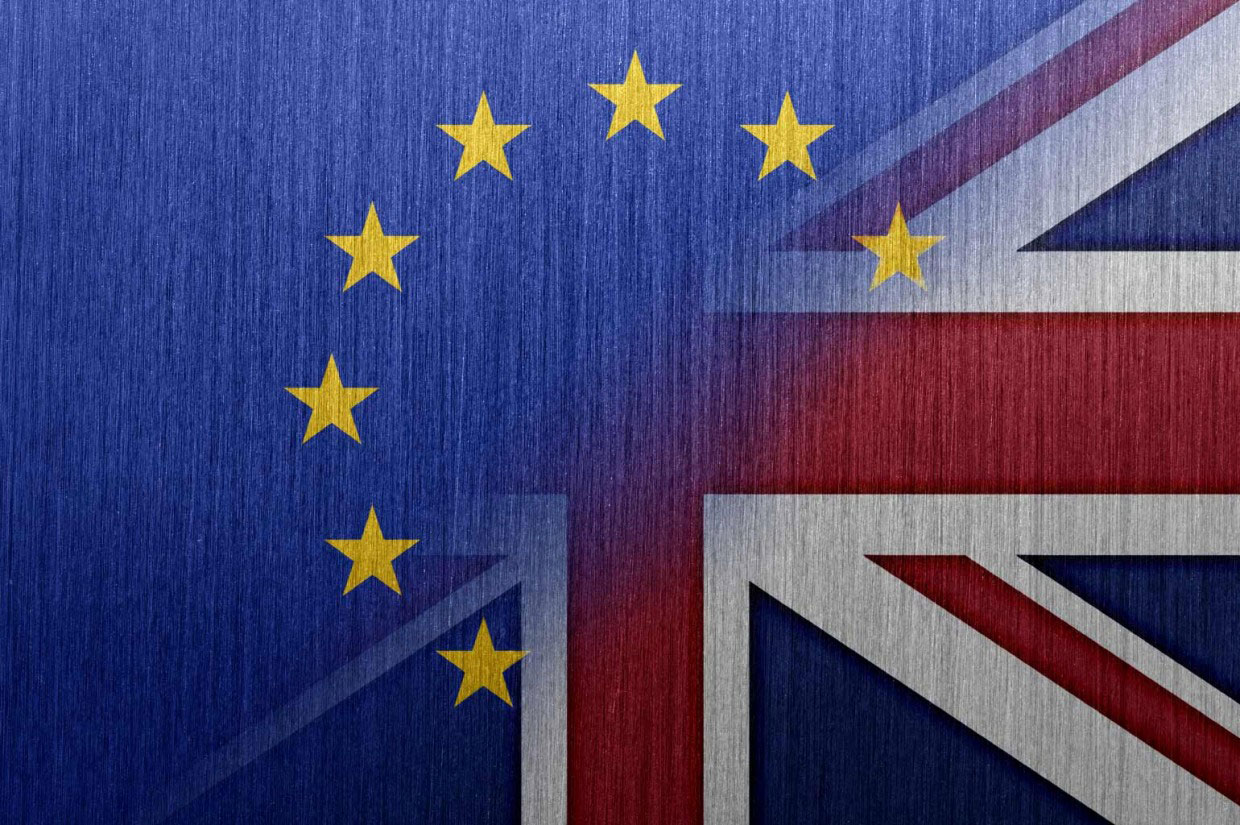22. February 2018 19:00
Colin A Munro CMG
The vote in favour of BREXIT on 23 June 2016 was a manifestation of a crisis of identity in England. The pro Brexit majority was evidence of failure by the English to come to terms with the loss of empire, and the fact that they live, not in Great Britain, but in a multinational European state, the United Kingdom of Great Britain and Northern Ireland. 62 % of voters in Scotland opposed Brexit, as did all the political parties in Scotland apart from the United Kingdom Independence Party (UKIP) which secured 0,2 % of the vote at the general election in 2017, down from 1.4 % in 2015. Thus, the Prime Minister claiming that in enacting Brexit, the government is enacting the “will of the British people” is absurd.
Scotland is deeply divided on the question of independence. Support for Brexit is spread across all parties including the Scottish National Party (SNP), but in none is there a pro Brexit majority. The Scottish government and parliament may well refuse “legislative consent” for a Brexit deal that does not keep the UK in the Customs Union and the Single Market. There would then be a constitutional crisis.
The UK government and overstretched civil and diplomatic services have little capacity for anything apart from the Brexit negotiations. Except in the unlikely event of exit from Brexit the consequences could be very damaging indeed, not only for the economy, but also for the UK’s capacity to play a part, appropriate to its status as Permanent Member of the UN Security Council, in European Security, broadly defined.
The biggest English illusion however is that Brexit is a negotiation between equals, and that they can have their cake and eat it.
—————
Colin Munro is Chairman of UK Citizens in Austria. A member of the UK Diplomatic Service from 1969-2007, his postings included Deputy Head of Mission in East Berlin (1987-90), Consul General in Frankfurt (1990-1993), Ambassador to Croatia (1997-2000), and secondment to the EU as Deputy High Representative in Bosnia and Herzegovina, based in Mostar (2001) His last post (2003-2007) was as UK Permanent Representative to the Organisation for Security and Cooperation in Europe (OSCE). Colin is a member of the Committee of the Austro British Association and its “Brexit Expertenrat”, an Associate of the Ambassador Partnership LLP, a consultancy active in mediation, training and corporate diplomacy.
He is a keen student of contemporary European history, including the issues of national and cultural identity which have resurfaced since the Fall of the Berlin Wall.
Im Anschluß an den Vortrag laden wir herzlich zu einem Umtrunk ein.
Register
Note: By registering and participating in this event, you consent to the recording of your appearance and / or your voice, to be published by the German-British Society in photos, videos and accompanying sound recordings via any media and for any purpose.


22. February 2018 19:00
Colin A Munro CMG
Venue
FGS Flick Gocke Schaumburg
Friedrich-Ebert-Allee 13
53113 Bonn
The vote in favour of BREXIT on 23 June 2016 was a manifestation of a crisis of identity in England. The pro Brexit majority was evidence of failure by the English to come to terms with the loss of empire, and the fact that they live, not in Great Britain, but in a multinational European state, the United Kingdom of Great Britain and Northern Ireland. 62 % of voters in Scotland opposed Brexit, as did all the political parties in Scotland apart from the United Kingdom Independence Party (UKIP) which secured 0,2 % of the vote at the general election in 2017, down from 1.4 % in 2015. Thus, the Prime Minister claiming that in enacting Brexit, the government is enacting the “will of the British people” is absurd.
Scotland is deeply divided on the question of independence. Support for Brexit is spread across all parties including the Scottish National Party (SNP), but in none is there a pro Brexit majority. The Scottish government and parliament may well refuse “legislative consent” for a Brexit deal that does not keep the UK in the Customs Union and the Single Market. There would then be a constitutional crisis.
The UK government and overstretched civil and diplomatic services have little capacity for anything apart from the Brexit negotiations. Except in the unlikely event of exit from Brexit the consequences could be very damaging indeed, not only for the economy, but also for the UK’s capacity to play a part, appropriate to its status as Permanent Member of the UN Security Council, in European Security, broadly defined.
The biggest English illusion however is that Brexit is a negotiation between equals, and that they can have their cake and eat it.
—————
Colin Munro is Chairman of UK Citizens in Austria. A member of the UK Diplomatic Service from 1969-2007, his postings included Deputy Head of Mission in East Berlin (1987-90), Consul General in Frankfurt (1990-1993), Ambassador to Croatia (1997-2000), and secondment to the EU as Deputy High Representative in Bosnia and Herzegovina, based in Mostar (2001) His last post (2003-2007) was as UK Permanent Representative to the Organisation for Security and Cooperation in Europe (OSCE). Colin is a member of the Committee of the Austro British Association and its “Brexit Expertenrat”, an Associate of the Ambassador Partnership LLP, a consultancy active in mediation, training and corporate diplomacy.
He is a keen student of contemporary European history, including the issues of national and cultural identity which have resurfaced since the Fall of the Berlin Wall.
Im Anschluß an den Vortrag laden wir herzlich zu einem Umtrunk ein.
Register
Note: By registering and participating in this event, you consent to the recording of your appearance and / or your voice, to be published by the German-British Society in photos, videos and accompanying sound recordings via any media and for any purpose.